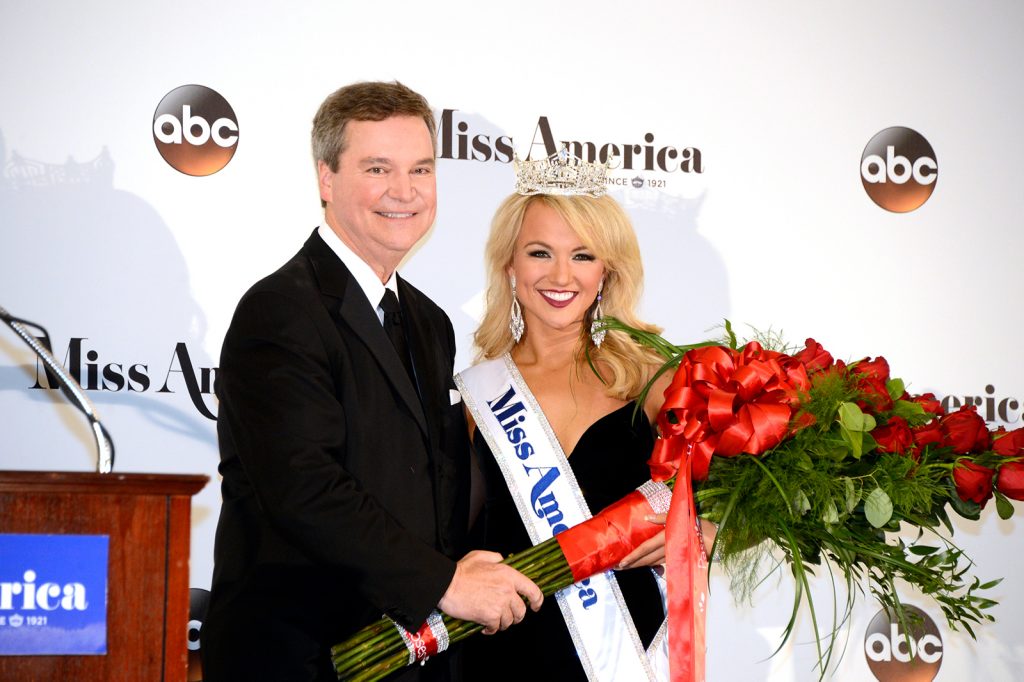As graduating seniors start the job hunt and many students look for summer internships, barriers to access to opportunities are becoming more and more apparent. Being connected to important players in your desired field continues to be a requirement for entry. Articles such as “Why Personal Connections Matter & Can Get You Hired” from job-related sites such as Glassdoor and LinkedIn show how important connections can be, but they fail to account for how these connections privilege certain demographics and maintain barriers to people who have a hard time entering the workforce. According to Glassdoor, referrals by current employees can increase the chances of an interview by 2.6-6.6%. If we let these preferential practices and industry expectations of connections continue, the divide between the haves and the have nots will only grow.
The only alternative to connections is extensive real-world experience, which some may be able to achieve through an internship, but even these are hard to come by. Some internships require a “friend of a friend of a friend” in the company/field to get you noticed and are often incredibly underpaid, if paid at all. These barriers to entry to the job market can feel insurmountable to most and are unbeatable for many.
In fall 2019, I applied for an internship with the U.S. Department of State. As a student from rural Missouri with no family in politics or anything regarding international affairs, I was almost too intimidated to apply, as Washington, D.C. and the U.S. government felt too out of reach. I felt qualified for an internship working on Middle Eastern and North African policy with my majors in Arabic and international studies. Luckily, one of my dad’s childhood friends knew someone that worked in the State Department who connected me to the office, and I was given the internship.
My background in the field might have had some bearing, but considering how many Arabic and international studies students there are across the country that applied for this position, it is not likely that I would have gotten the internship without the extra help. The internship was canceled because of COVID-19, as most things have been for the past year, but I felt confident applying the next fall. My GPA had increased, and I was awarded an additional scholarship. My State Department connection, however, was not available during the application and selection process, so, even though I had preference as a recipient of the same internship the year prior, I was denied.
The concept of connections making life easier, or even possible, is nothing new for UM students. Greek systems at UM and across the nation are stereotypically white, rich and will let you know about it. In addition to this inherent privilege, Greek organizations also sell themselves as pathways to jobs through connections with powerful alumni and resume fillers. Even if students do receive internships, a lack of a liveable wage may prevent students from accepting an offer. These are equally unattainable for many, however, as financial barriers prevent many from applying for or accepting these positions. Work is being done toward more inclusive and paying internships, but young people are entering the workforce every day without the unnecessary connections required to succeed.
It is unfair to expect students to have years of experience upon graduation, especially when there are so many barriers to entry. It is nice, of course, to hire experienced individuals, but why is the diploma losing its worth? How long will we let already-marginalized but equally-qualified students and graduates fall by the wayside while well-connected individuals are given preferential treatment?
Londyn Lorenz is the opinion editor from Perryville, Missouri majoring in Arabic and international studies.













